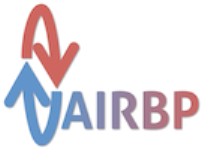Activités :
- centres de dialyse médicalisée, centres d’autodialyse, entrainement à domicile
- consultation de dépistage et de traitement de l’insuffisance rénale
- éducation thérapeutique et information pré-suppléance
Cliquer pour préparer votre séjour en Eure-et-Loir

Etre dialysé peut-être reconnu comme handicap. En savoir plus




